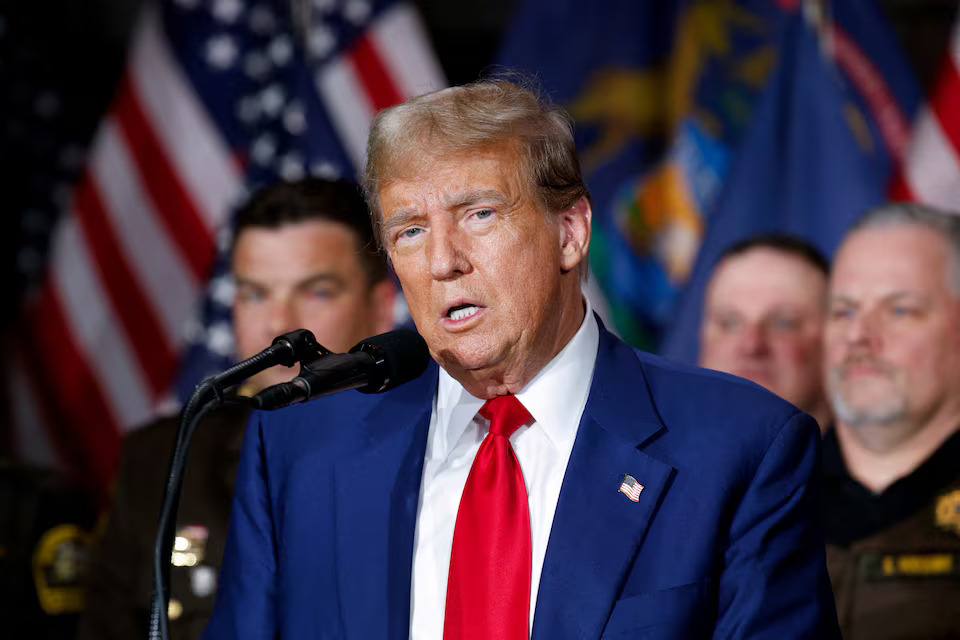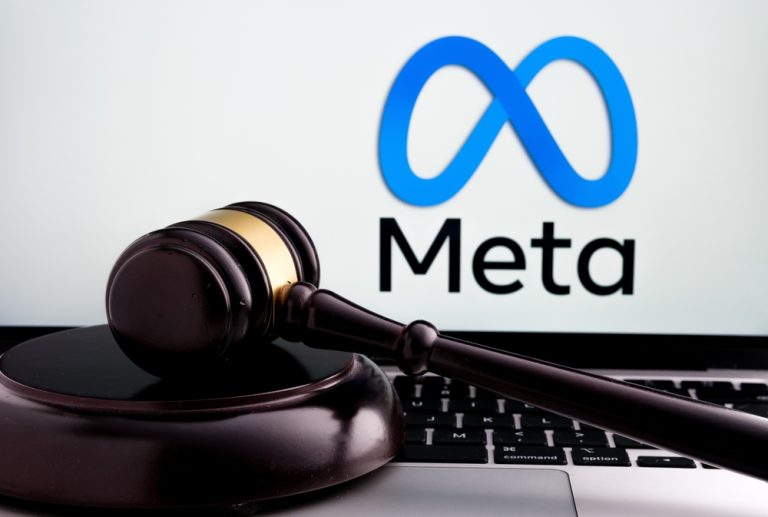In a significant ruling on Thursday, a Georgia judge dismissed Donald Trump’s argument that criminal charges against him in the state’s 2020 election interference case infringed upon his free speech rights. Fulton County Superior Court Judge Scott McAfee’s decision marks a pivotal moment, as he emphasized that the indictment alleges that statements by Trump and 14 others were “in furtherance of criminal activity” and, thus, not protected under the First Amendment of the U.S. Constitution.
This case adds to the legal challenges facing the former U.S. president, who, along with the other defendants, faces charges of racketeering, among other offenses, related to their efforts to contest Trump’s electoral defeat in Georgia to Democrat Joe Biden. All defendants have entered pleas of not guilty. The charges mainly highlight the attempts to form an alternate slate of electors favoring Trump and a controversial phone call made by Trump in January 2021, pressing Georgia’s top election official to “find” the votes necessary to reverse his defeat.
Judge McAfee’s ruling indicates a firm step towards trial, despite ongoing efforts by Trump and eight co-defendants to challenge the jurisdiction of prosecutor Fani Willis. The near future holds the Georgia appeals court’s decision on this matter, which could significantly impact the proceedings. McAfee further noted that the determination of criminal intent behind the defendants’ actions, including those of Trump’s former personal lawyer Rudy Giuliani and former Chief of Staff Mark Meadows, would ultimately rest with a jury. He also mentioned that the defense could renew its challenge as the case unfolds and more evidence comes to light.
This legal battle is one of four criminal prosecutions Trump is currently facing, underscoring the unprecedented legal scrutiny on a former U.S. president as the November 5 election draws near. With Trump’s first trial regarding hush money payments to a porn star set to commence in New York, the legal complexities surrounding him continue to deepen.
The determination to push the Georgia case toward trial underscores the judiciary’s role in addressing allegations of election interference and highlights the legal limits of free speech protections. As this case progresses, it will not only test the boundaries of First Amendment rights but also set precedents for how future allegations of election interference might be handled in the judicial system.






















